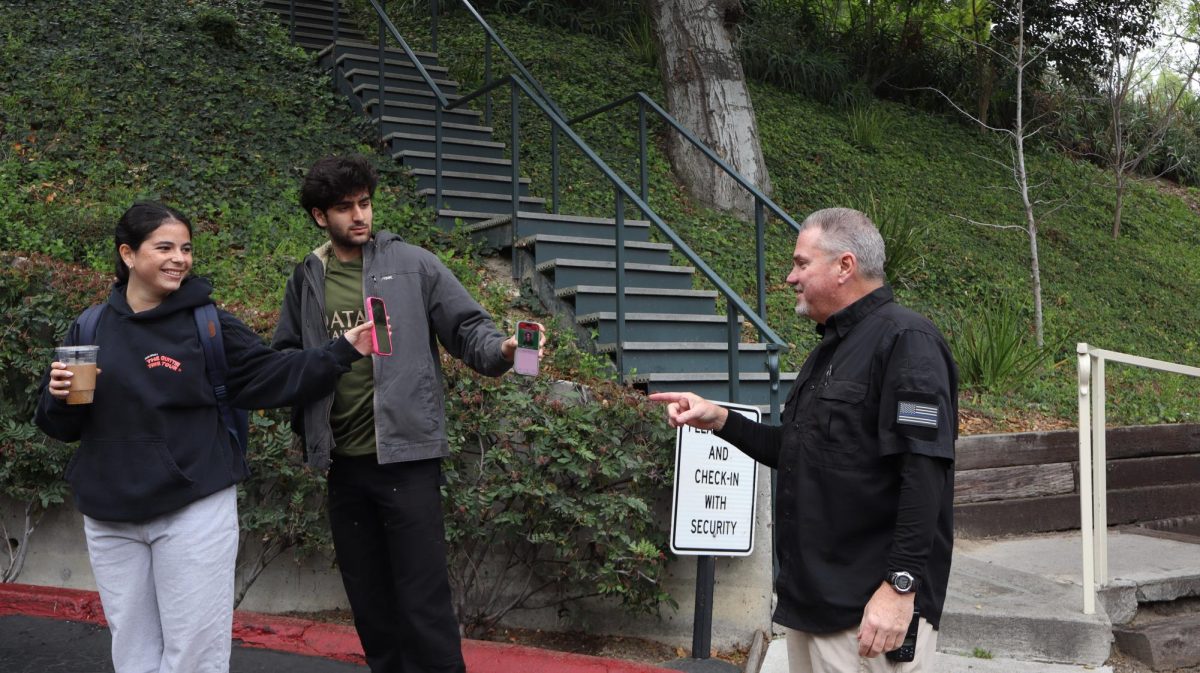A history professor at University of California, Irvine, and contributing editor to the Nation magazine shared his contrasting experiences of online and print journalism with the Chronicle staff Nov. 16.
Jon Wiener, who successfully sued the FBI for the release of its files on John Lennon’s murder, works as a contributing editor for the Nation, the United States’ oldest continuously publishing weekly magazine. He has worked on the Nation since 1984, and has witnessed its expansion into online publication.
While the Nation’s print edition is hard to get published in and rigorously fact-checked, Wiener said, proceedings at the website are more lax due to a constant need for content.
“The website has a voracious need for content,” Wiener said. “There’s a virtually infinite need for new material on the website every hour.”
Wiener said that this need for content is also evident in other news sites he has written for such as the Huffington Post.
However, Wiener emphasized the importance of fact-checking and accurate reporting.
“Accuracy is a duty, not a virtue,” Wiener said, reciting what he called a Nation motto.
He praised the magazine’s print edition’s continuing commitment to accuracy and corrections, relating anecdotes of his own experiences being fact-checked sentence by sentence in his articles for the Nation, and emphasized the significance of corrections to other magazines and newspapers as well, like the New York Times.
Besides the necessity of constant new material and less rigorous fact-checking, Wiener discussed the subtler changes writing for online had wrought in journalism, such as the necessity of headlines easily searchable on Google, which transformed traditional headline and lead writing, Wiener said.
“We used to like clever witty titles with puns that showed how smart we are,” Wiener said. “Now it’s got to be something like ‘Romney is a loser.’ No more opportunities to be clever. It’s a great loss.”
With the advent of reader commenting, online journalism also introduced the possibility of a dialogue with readers beyond letters to the editor.
“Am I supposed to read all these comments?” Wiener said, showing the class an article that had over 200 comments. “What’s the difference between a stupid comment, an idiotic comment and an unacceptable comment?”
Interns at the Nation must moderate the flood of comments and remove offensive ones.
Despite his experiences writing for the Nation online, Wiener recognized its handling of online journalism as “archaic” overall, describing their viewpoint as “print is the real magazine, online is everything else.”
The best journalism should not be reserved for the magazine but published online, he said.
Wiener also discussed inspiration and the importance of specialized viewpoints in journalism.
“I find good ideas arrive in all kinds of unexpected places,” Wiener said, remembering that the idea for one of his favorite recent pieces had come to him while at a dentist appointment. “I don’t think there’s a way to produce good, original ideas. You just have to let them happen.”
At the end of the period, Wiener fielded questions about his experiences at the magazine.






























